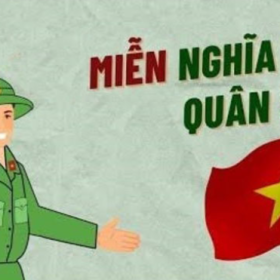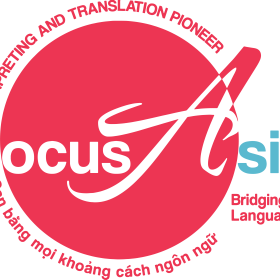Certified Translation vs. Certified Copies – What’s the Difference?
When preparing documents for studying abroad, immigration, or legal procedures, many clients often confuse certified translation with certified copies. While the terms sound similar, they serve very different purposes:
I. Certified Translation
-
This involves translating a document into another language (for example, translating diplomas, birth certificates, or passports from Vietnamese into English, French, or Japanese).
-
After translation, the document is notarized by an authorized notary office or local authority, confirming the translator’s qualifications and signature.
-
Legal value: Certified translations are recognized in official procedures such as visa applications, study abroad programs, marriage, employment, or residency abroad.
II. Certified Copy
-
This is simply a photocopy of the original document (such as an ID card, passport, or household registration book) that is stamped and verified by the authorities as “a true copy of the original.”
-
No translation is involved.
-
Legal value: Certified copies are mainly used for administrative purposes within the country, where proof of authenticity is required.

III. In short:
-
If your document needs to be translated into another language with legal verification, you need a certified translation.
-
If you only need a duplicate of the original document for administrative use, a certified copy is sufficient.
Understanding this difference helps you save time, reduce costs, and avoid mistakes when preparing your documents.
——————————–
🌐 Website: https://dichthuatchaua.com
📲 Hanoi Hotline: 093.223.2318
☎️ Hanoi Tel: 024 3990 3758
📲 Ho Chi Minh City Hotline: 093.223.7939
☎️ Ho Chi Minh City Tel: 086 682 9216
📧 Email: hanoi@dichthuatchaua.com – saigon@dichthuatchaua.com













